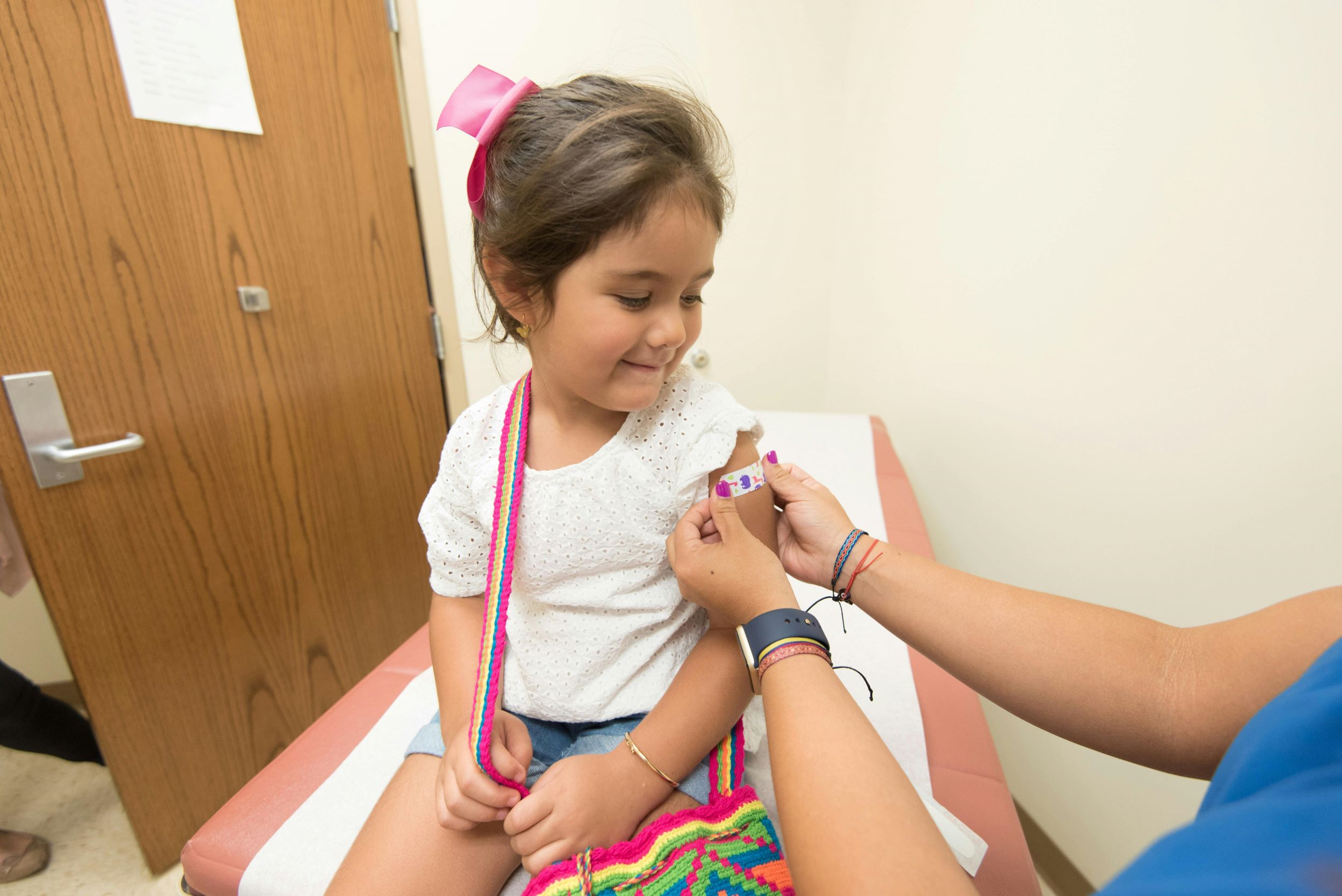Iron deficiency is the most common nutritional deficiency globally, with a recent Australian survey revealing 75% of infants and 25% of toddlers have low iron intake.
A severe clinical consequence of iron deficiency is anaemia which is linked with poor child health outcomes along with irritability, fatigue, poor feeding, and impaired neurodevelopment.
However, whether or not this is reflected in iron status (blood levels) is yet to be seen is there is no national estimate of iron deficiency in young children. This is primarily due to parents not wanting their young children to undergo potentially painful blood draws for research purposes only.
Urinary ferritin, an alternative biomarker to serum ferritin, shows promise in accurately estimating iron status in premature infants, however this method has not yet been validated in healthy young children. ORIGINS is in a unique position to validate this method.
The aim of this study is to explore whether urinary ferritin can be used as an alternative biomarker for measuring iron status in young children.
The study will use data already collected from ORIGINS participants aged one to three years old. A 0.5mL aliquot of urine will be used to examine urinary ferritin, creatinine, and specific gravity and will be analysed at The Kids Research Insitute Australia.
The objectives of this study are:
- To determine the relationship between urinary and serum ferritin.
- To calculate sensitivity and specificity, the positive and negative predictive value of urinary ferritin in identifying those with low serum ferritin values based on established cut-offs.
- To determine if correcting urinary ferritin for creatinine improves the correlation and predictive value of urinary ferritin.
Investigators
- Professor Tim Green at the University of Adelaide
- Dr Nina D'Vaz at The Kids Research Institute Australia
- Dr Desiree Silva, Co-Director of ORIGINS
- Profesor Maria Makrides at the University of Adelaide
- Courtney Kidd at The Kids Research Institute Australia
- Najma Moumin at the University of Adelaide
- Dr Merryn Netting at the University of Adelaide
- Dr Tom Sullivan at the University of Adelaide

